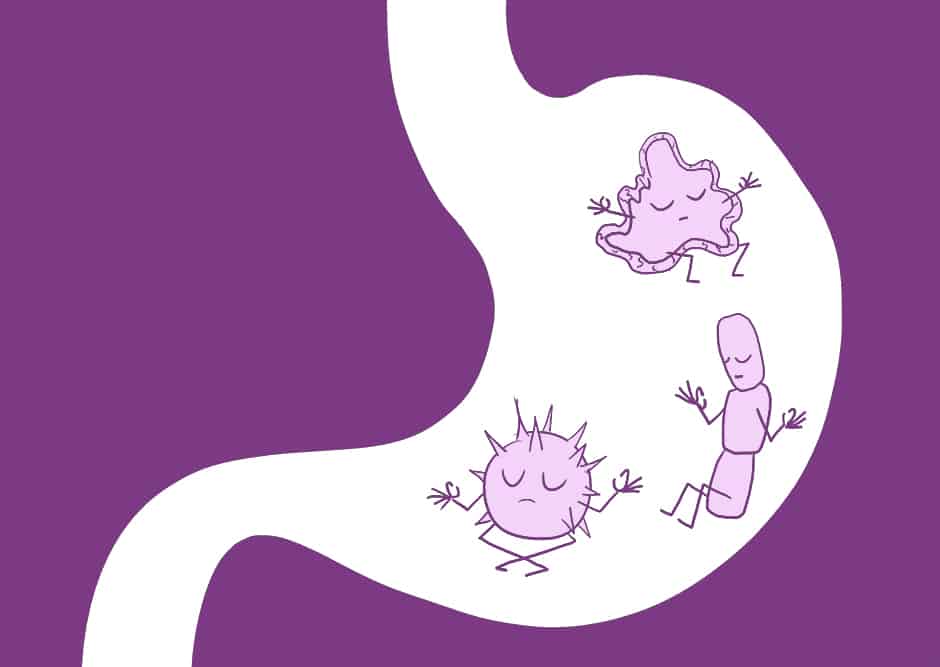The bacteria in your gut might be giving your yoga instructor some competition helping you reduce mental anxiety. A recent study conducted by U of T researchers has found a correlation between the growth of indigenous gut bacteria and suppression of the body’s stress response.
The study, published in the journal, Psychopharmacology, explored the effects of two prebiotics — non-digestible carbohydrates that act as food for the bacteria that reside in the human gut — on the secretion of stress hormones. The researchers also studied participants’ performance in several tasks assessing various cognitive domains including attention and concentration, learning and memory, processing speed, and executive function.
In a cohort of 45 volunteers, those who received the prebiotic daily for three weeks were seen to focus less on negative information. The prebiotic recipients were also found to have decreased salivary cortisol, a key hormonal driver of the body’s stress response.
This dampening of the body’s stress response is consistent with earlier findings of changes in gut flora, though scientists are still uncertain of how these changes might be affecting the brain. According to Dr. Roger McIntyre, a professor of psychiatry and pharmacology at U of T, the bacteria in our gut may be affecting inflammation and metabolism, which, in turn, could be manipulating the brain.
The notion that the gut microbiome can communicate with the brain to impact physical health has far-reaching implications in the medical world. “Although this research is quite promising, it is not yet ready for prime time,” says McIntyre.
“Clinically, the idea that we can alter a patient’s probiotics as a way to treat psychiatric illness is still in its infancy… This study is a small step forward in furthering our understanding of the link between prebiotic intake and abnormal health,” adding, “Manipulating the gut microbiome to treat medical illnesses would be justified once we prove that there is a difference in the gut flora of patients and healthy individuals,” he continues
Currently, the mainstay of anxiety treatment in patients is a combination of pharmaceuticals, cognitive behaviour therapy, as well as alternative therapies including mediation techniques.
McIntyre is hopeful that in the future, “a more robust understanding of the bacteria that colonizes the guts of patients with mental illness will allow scientists and physicians to target mental illness with a whole new set of therapies, namely prebiotics, probiotics and even antibiotics.”
In the meantime, tell your yoga instructor to watch his back.


